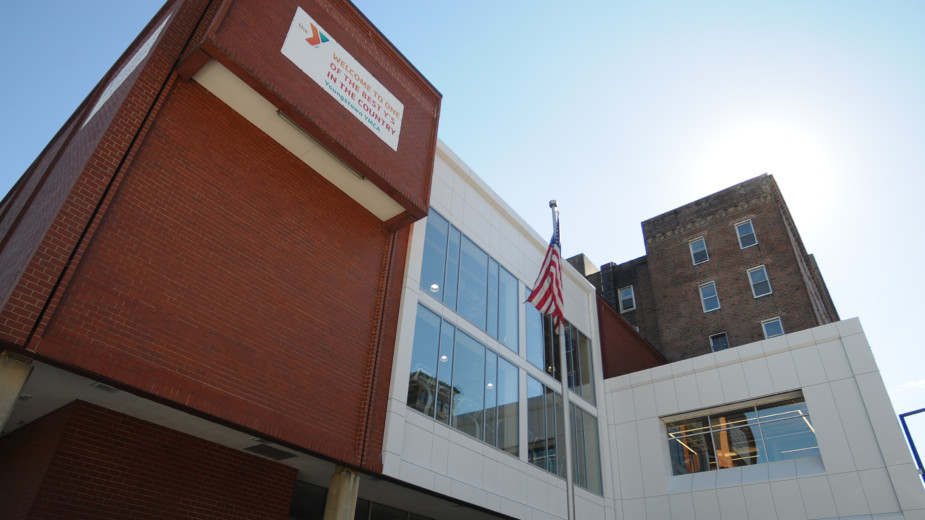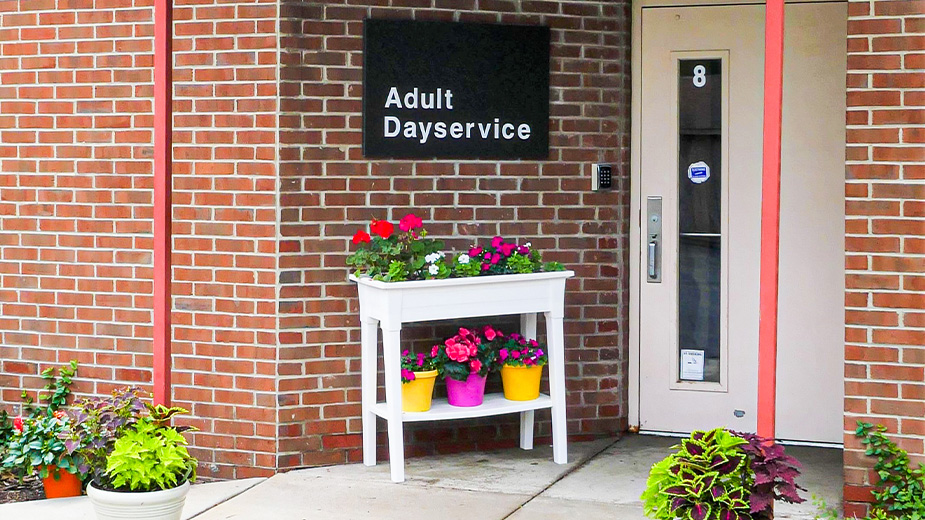YMCA Challenges PUCO on Thermal Surcharges
YOUNGSTOWN, Ohio – The Public Utilities Commission of Ohio has agreed to hear evidence from the YMCA of Youngstown that disputes emergency surcharges the commission approved for customers of Youngstown Thermal LLC, a district heating and cooling supplier downtown.
Documents filed with the PUCO show that the YMCA on Sept. 1 filed for a rehearing so it could challenge how the regulatory agency calculated the surcharges that took effect in early August. The Y contends that the rate hikes are based on flawed data Youngstown Thermal provided the PUCO.
“The data used by the PUCO for January 2016 usage by the heating customers is unreliable,” Thomas Gacse, an attorney and CEO of the YMCA of Youngstown, wrote in the request for a hearing.
In his filing, Gacse says that the Y “has serious concerns” about the validity of the surcharge, noting his organization was slapped with the highest rate increase – more than double that of the next highest customer of Youngstown Thermal.
Earlier this year, Youngstown Thermal was placed into receivership and in August the PUCO approved emergency temporary surcharges to help the ailing district utility.
Calls to Reg Martin, the acting receiver in the Thermal case, were not returned.
Youngstown Thermal is a district heating and cooling supplier to more than 40 entities downtown. In June, the company informed the PUCO that it was in financial distress. A subsequent PUCO filing determined that the utility was unable to cover its debt, payroll or utility bills. As such, Youngstown Thermal faced disconnection of its electric, gas, and water service, which would have made it impossible for the utility to serve its business customers downtown.
The PUCO approved the emergency surcharges, basing the allowed rates on 120% of Youngstown Thermal’s payroll and health benefits. The PUCO set another 20% surcharge to account for late or nonpayment by customers.
However, in the documents the YMCA filed with the PUCO, it contends that the surcharges are unfair because they’re based on flawed data.
“The additional 20% surcharge is imposed due to the potential of late and/or nonpayment by customers,” the YMCA pleads. “This amounts to an additional payment of approximately $15,000 per month and penalizes the YMCA disproportionately for the late or nonpayment of other customers.”
According to the filings, the Y says the PUCO’s calculations are flawed because Youngstown Thermal provided the agency with data that it says were based on unreliable record keeping. “The YMCA asserts that since the record keeping was poor and unreliable, those records cannot be utilized to impose a surcharge in excess of 125% to the YMCA and the other customers.
“There is nothing to substantiate the amounts of monthly payroll and health insurance other than a line item on an attachment which is based on the reporting by Youngstown Thermal,” documents say.
Also, the YMCA contends that the data in the surcharges are skewed because the PUCO based its allowed rates on data that reflected heating use for only one month — January 2016 — or 18 months before the new surcharges were established. Such a formula is inequitable to the YMCA, Gacse writes, because the Y completed a $5 million renovation that year that included upgrades to its HVAC system that made the system more efficient.
In its filing, the PUCO noted there was no time to convene initial hearings related to the emergency surcharge because Youngstown Thermal and its customers faced a crisis. “The genuine emergency circumstances presented by Youngstown Thermal’s impending failure of service required that a surcharge be imposed to prevent injury to the public’s safety and welfare,” the PUCO says in its documents. “There was insufficient time to hold even a limited hearing on an expedited schedule if service to Youngstown Thermal’s customers was to be maintained.”
The commission determined that a hearing should be “held to allow the YMCA to present additional evidence and to allow the commission to further review the revenue requirement and the rate design for the emergency surcharge on a forward basis.”
An evidentiary hearing is scheduled for 10 a.m. Nov. 7 in Columbus, according to a case entry filed Sept. 28.
Until otherwise ordered, the current surcharge remains in effect, according to PUCO documents.
Copyright 2024 The Business Journal, Youngstown, Ohio.



